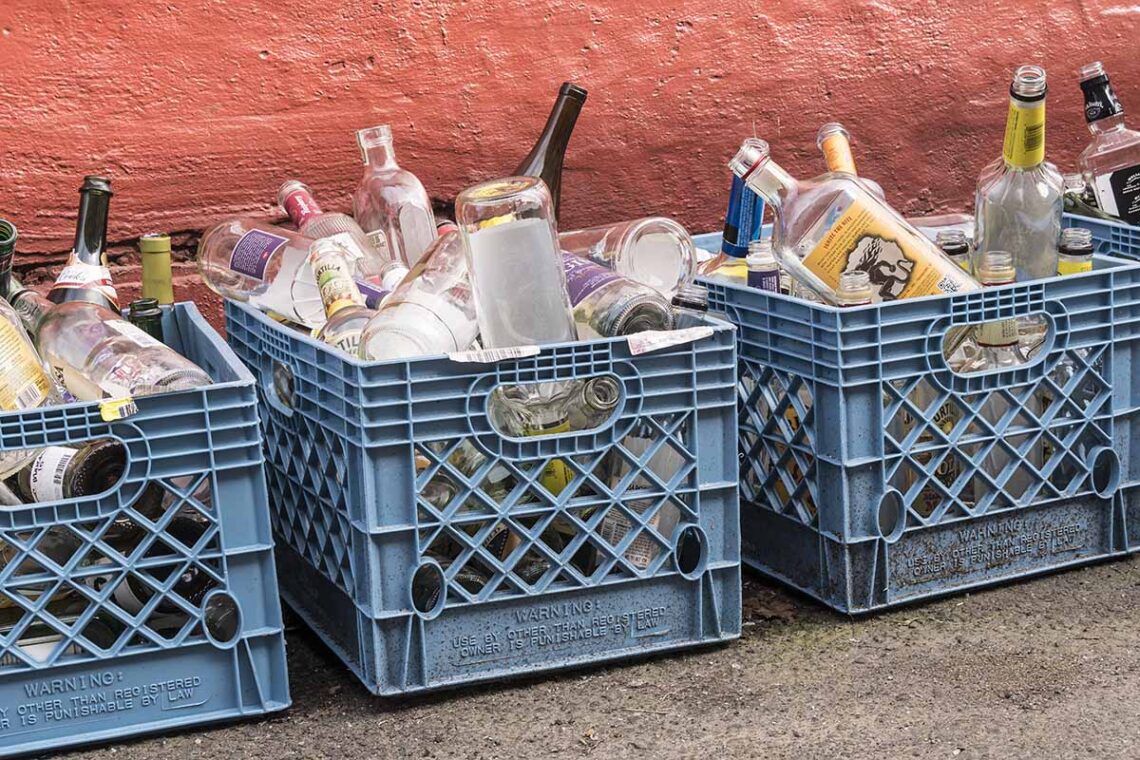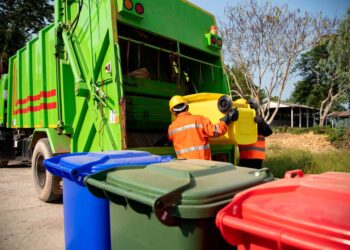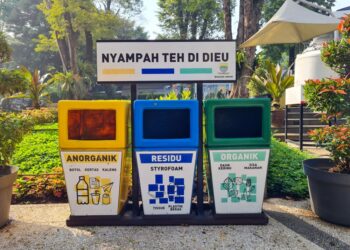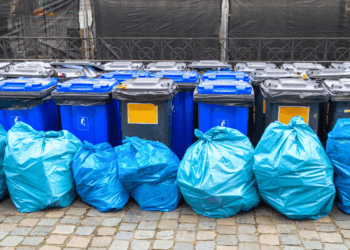Resource Recycling News
Panelists: Textile recycling requires more automation
A workshop at the Textile Recycling Summit in San Diego explored how much automation could be deployed in sorting and...
California selects Landbell USA as PRO for textile EPR
CalRecycle has tapped European recycling veteran Landbell USA to lead the nation's first textile EPR program.
Safety in focus, part 1: Rising fire incidents spark action
Federal statistics reveal waste and recycling workers face above-average injury rates, with battery-related fires adding new risks.
K-Cup recycling comes to Ontario Blue Boxes
Keurig Dr Pepper Canada and recyclers across the country worked together for nearly a decade on redesign, material conversion and...
Borealis, Borouge aim to bolster PE, PP recycling in Indonesia
Plastics recycling in the Southeast Asian nation focuses on PET and on industrial and commercial waste, while post‑consumer polyolefin packaging...
Women in Circularity: Casey Plasker
In this series, we spotlight women moving us toward a circular economy. Today, we meet Casey Plasker of Circularly.
Recycling education needs consistency, simplicity
Several members of Circular Action Alliance team shared insights during a workshop at the 2026 Resource Recycling Conference in San...
RCI, CurbWaste partner on waste management software
CurbWaste now provides the operational management and data platform for the Recycling Certification Institute, which works to improve transparency in...
Battery fire risk isn’t going away. Insurance is responding
In 2026, insurability may depend on how convincingly facilities can demonstrate they are both preventing ignition and limiting catastrophic loss...
Arizona, Reynolds reach settlement on Hefty bag lawsuit
Arizona reached a settlement with Reynolds Consumer Products requiring the company to overhaul packaging nationwide.






















